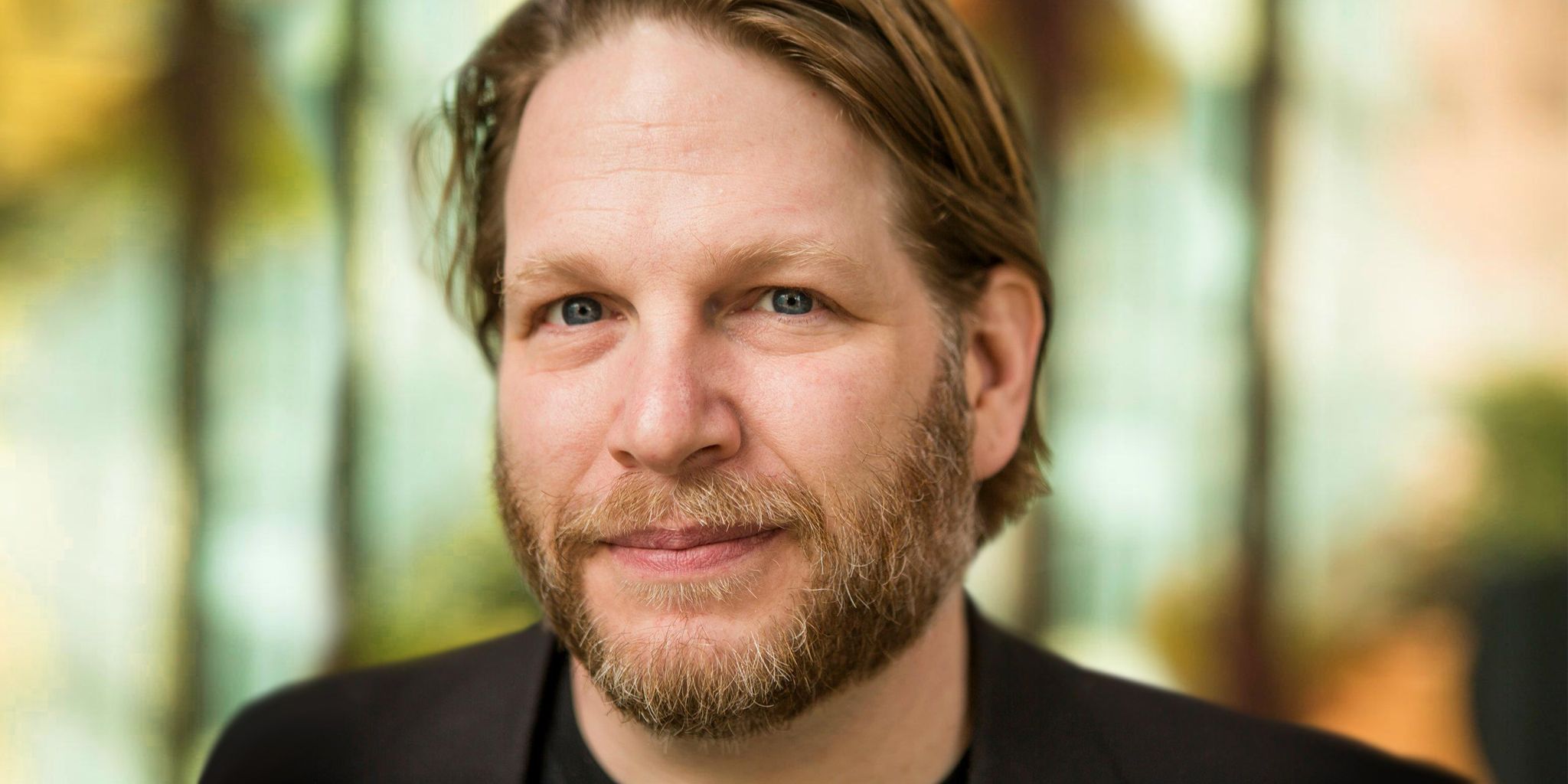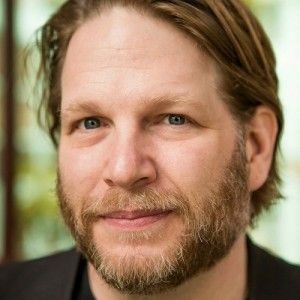Interview with Chris Brogan
Michael Sliwinski: Can you introduce yourself to those readers who haven’t heard of your work?
Chris Brogan: I am Chris Brogan. I am the publisher of the magazine called Owner Magazine. I also write books, and I have done a lot of work with a lot of really big companies. But now, I mostly work with owners — people in different-sized businesses who are choosing to own their business. And so there is a big shift between working with Coke and Google and then working with people who are their own employee.
Michael: I can imagine! Being the owner of a small (15-person) company, I feel I can connect with what you say and publish in your magazine (I’m a subscriber!). I’ve also been reading your blog for quite a while now. I recently read your post saying that you are no longer “a social media guru” but that you focus on the people. Can you tell the story of your journey from social media — as the guy behind the Trust agents book to more “people oriented” stuff that you do at Human Business Works? Explain how the shift happened.
Chris: So, there never really was a “shift.” It’s just that no one ever really listened to me when I talked. In Trust Agents, it says many times and on different pages that it is not a book about social media, but rather that we just happen to use those tools to connect. And what we’ve said repeatedly—what I’ve said—is that there is that cult of people who think that the tools are great. But I don’t care. What I care about is that connecting with people and doing the business is what matters.
For instance: you are in software, and anything that you build is in service for humans.
Michael: Right!
Chris: There is no reason to make it if no one is there. And so I’ve never cared if Facebook is better than Google+. I don’t care! I care where I can tell the story in the way I wanna tell it. And I’ve been saying it for years. On the very first page of The Impact Equation, it says, “This is not a book about social media,” and then you turn the page and you can read the book. And people didn’t believe it so they didn’t buy the book as they thought, “I already know about social media.” And so, I’ve been saying this for a long time, and the reason I say that is because I’m just as happy sending people post cards just to get business. I am just as happy standing in the middle of the square somewhere and handing out flyers. It does not always have to be Twitter and Instagram. It could be that we are just enjoying making connections with people and making business happen.
Michael: I have a similar story to tell. It is about my software for managing tasks and projects. When people ask me, “Should I use your software?” I say, “I don’t care if you use my software or any other available on the market, but you should get organized! That’s what you should do!” Of course, if you use my software, it’s nice, but if you use someone else’s, it is also good. The most important thing is to get organized. People tend to think that the tools are essential. It is called “productivity porn” — they start using new productivity tools over and over again. And they never get organized because they are just trying different tools.
Chris: Exactly! I’ve fallen into that, and I think everyone is falling into that. It is so funny. If I look around my desk right now, right within arms reach I’ve got all different kinds of notebooks. It works like this: Oh, I have a new project. I need to find a notebook. And I am usually somewhere where I don’t own one, and I end up going and buying one. And I actually should already have stock in Moleskine because I think, oh, I need a new notebook because I need a thing right now. And it’s silly, really, so I agree. And I am glad we agree on that.
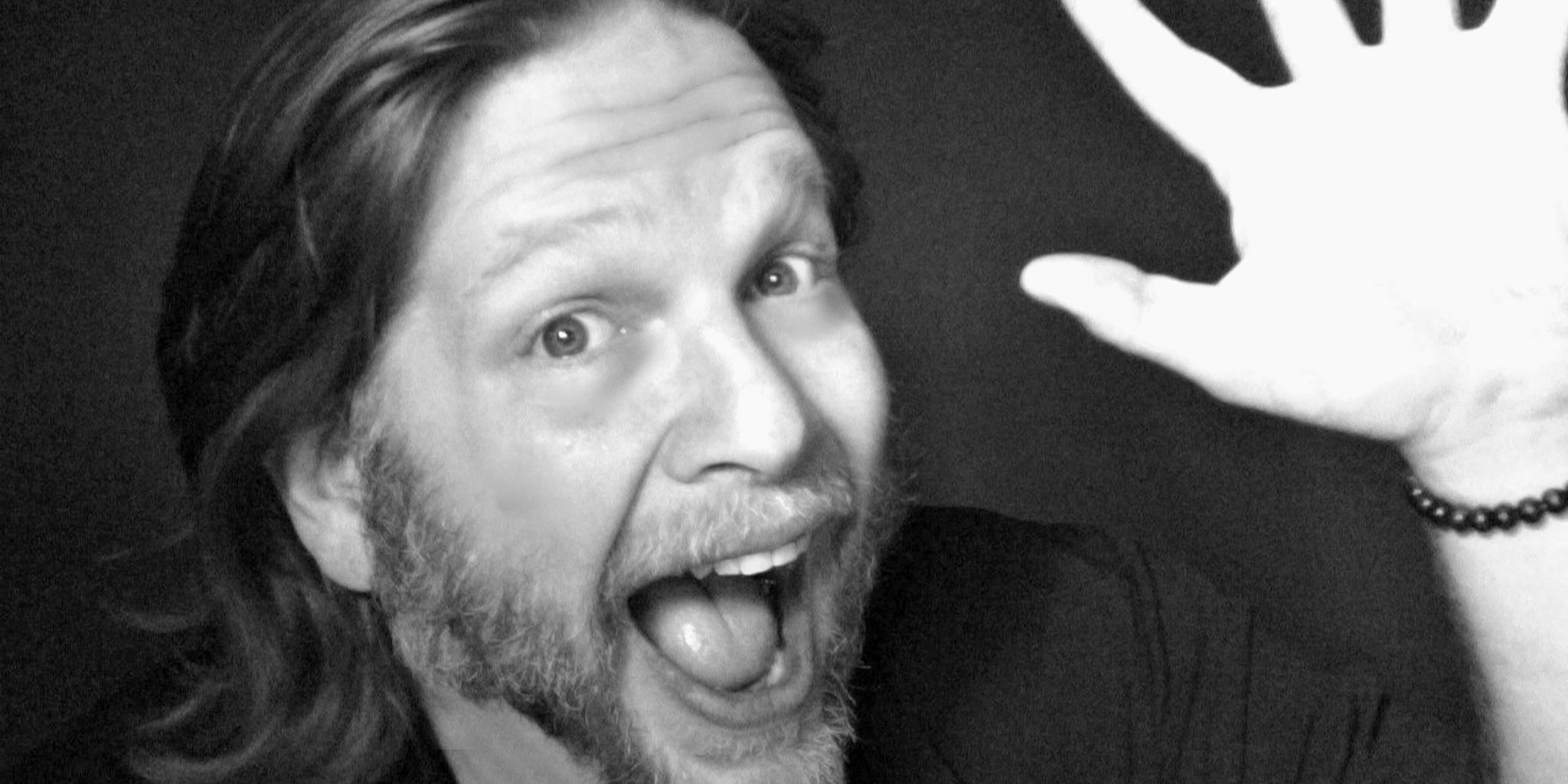
Michael: Great! Let’s get back to your books then. I got the impression that your latest book, The Freaks Shall Inherit the Earth, is somehow related to Seth Godin’s book. He wrote the book We Are All Weird, and your newest book is about freaks who will take over the world. Can you tell us about this project?
Chris: It’s very funny actually as I just asked Seth for a review quote on my book, and I was telling him that I think The Icarus Deception has a lot in common with it. He wrote back about We Are All Weird, and I thought, “Oh, I almost forgot about this book!” It was sublime in what it did, and so I think we agree in a lot of ways but not always. We had some points in our careers when we agreed and disagreed. For instance, I was very into engagement via social media and he said it is very much a distraction.
We are both right: he is getting a lot more done when he doesn’t spend his time talking to people on Twitter, but I’m getting a level of depth to my connections that I think is unrivaled.
So I would say that Seth’s book has one really great way of talking about things. It’s a very thin volume and is said in a very good, Seth kind of way, and you can read it in one very short afternoon. What I tried to fill mine with, which makes my book “less good,” is I tried to make it very “how-to.” There is lots of information inside my book. Every few pages I tell the reader to “go do something.” And when I say “less good,” I mean that Malcolm Gladwell writes a book around one sentence. He says, “Outliers. 10,000 hours.” And then 200+ pages go by, and he just keeps saying “10,000 hours, dummy,” with new words. So, I think Seth is smarter in how he wrote his book, and I think that my goal is to make my book be more instructional.
Michael: I haven’t read your book yet [Editor’s Note: It was available only for pre-ordering at the time of this interview], but from what I get from your blogpost and from what you’ve written about, it is about something you are doing right now — ownership, selling things, scratching your own itch and doing things for people in your tribe, those who think like you. Am I right?
Chris: Yes. Absolutely! You’ve done a fine job explaining it. I’ve never had this type of connection with other people around the pre-order. Usually you are just happy that you get it, but it is never really amazing or anything like that. And what I can see about that is that people really feel the messages speaking to a lot of people just because they are saying, “You are right, I did not feel like I fit in. I felt like I was very weird by loving the thing I love.” And I’ll tell you the very genesis of the idea that has been true for years. I was out in Florida doing a speech. There were 3,500 people in the room, and one sentence that just came out of my head and that I hadn’t planned to say was, “The stranger I became—the weirder I became—the more money I made.” The more true I was to who I really was, the more I started making money.
That became the most tweeted line of that speech. And to me, it was just a sentence in between the other sentences. But when I read the responses from people I thought, Hmm… :)
The other reason I wrote this book is because my children (my daughter is eleven, and my son is eight) will never have a desk job the way we do, because it is so weird. My boy is a software designer, already at the age of eight. Video games and things. My daughter is an artist. They will never say, “I can’t wait to go and sit in an office with 5,000 people and handle the release process for some accounting software.” It will never happen. So I had to write them a book, Michael, because I was afraid they wouldn’t have the right mentors for when they get older.
Michael: That’s a great idea! I also have two children (younger than yours—they are five and one), and I am also doing my best to steer my daughters’ imagination to just “being yourself.” Getting back to your speaking. Do you still give speeches?
Chris: I do, yeah.
Michael: So how do you get this all organized? And on what topics do you usually speak?
Chris: That’s a very great question because, I would say, I am right on the verge of changing this a little bit. And this change I am about to make is dangerous. I don’t say that to add excitement to our interview. :) It’s true, because I mostly have spoken for really big companies and thousands of people. And my new book is not about really big companies with thousands of people, which means that everyone who usually pays me to speak will look at my new book and say, “Eh, I don’t think so.” So I am just canceled. I’ve just told the world (not intentionally), “You probably shouldn’t pay me a lot of money.”
And it is a terrifying thing because I don’t really have the replacement in mind yet. But I will figure it out ;)
What I do speak about is how to take all these digital channel tools and make a business from them. And the reason I do is partly because people still think I am a social media guy and partly because I believe in business, and I believe these digital tools are very good for making great business happen.
People have just the order wrong. It’s not that I love the tools and make business from them. I love business and use these tools. So that’s what I have been talking about. What will I talk about? I’ll try really hard to talk about ownership, and I’ll talk a lot about this “freaks mindset,” which is essentially entrepreneurship.
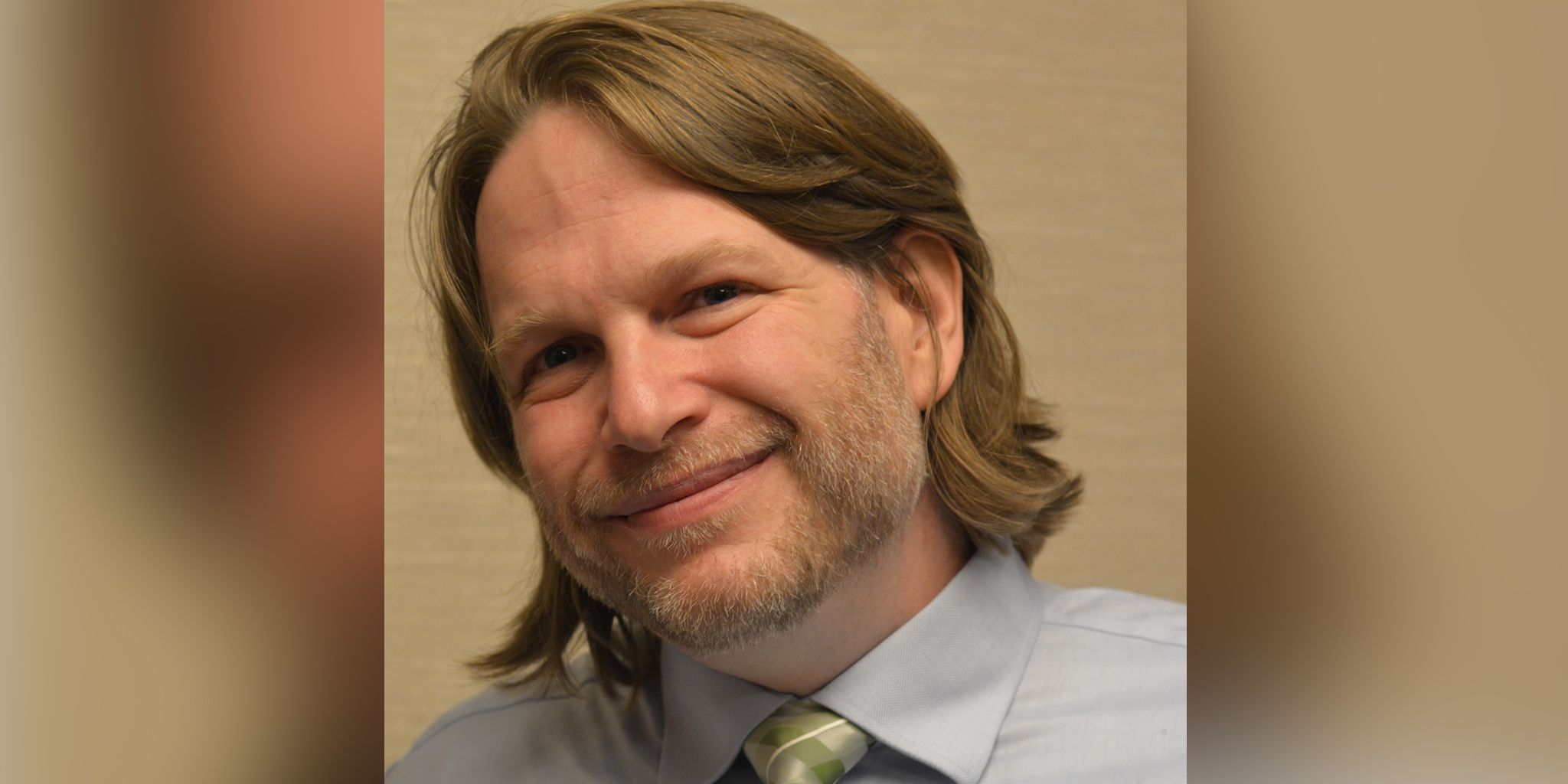
Michael: Right!
Chris: The only difference between the Owner Magazine and the Freaks… is that the magazine encompasses more of the people who want to grow their business and who want to take ownership of their lives in all ways, including things like going for runs, fitness. We like to be able to schedule our day the way we want to. That’s ownership.
Freaks are just those people who say, for example, what this 68-year-old woman said to me recently: “I don’t know what I want to be when I grow up.” And I loved that because she is waiting to grow up even though she is 68. The freaks are the people who say, “I just don’t seem to fit,” and I’m saying, “But you do, just not the way that the rest of the world wants you to, so I can help you with that.”
Those are my two big topics. One: how do you take ownership, and what are the actions that are gonna make you get there? And then the other side is: you’re a weirdo. How do you make money in your mom’s basement?
Michael: Yeah. When you get to think about it, the whole internet thing is a mega-tool for us to do something. I come from Europe, from Poland, and my customers are mainly from the US and Japan. I wouldn’t be able to do it if there was no Internet. So again — I am not passionate about the internet. I am passionate about productivity. But through the internet, I am just doing what I am doing, right? It is scratching your own itch for your passion.
Chris: You are such a great example of an owner: you’ve had this great idea, you put together this company that people really need and the software is so important. And when people look at it they say, “Wow, this is the method!” I read the book by David Allen, I loved the book, but none of the tools I’ve ever seen have really helped and this is what you’ve delivered.
It’s like you say — you can be in Poland; your neighbors aren’t doing the same thing you’re doing.
Michael: Rather not. :)
Chris: But down the street, if you are sitting in a café and having an espresso, and the old man beside you asks you what do you do, he will never get it.
Michael: You’re right :) No way.
Chris: Well, you might as well say, “I am a bank robber” because he won’t get it. And I love that because I’ve been to Latvia where I’ve met really great entrepreneurs, and I’ve been to Istanbul and New Zealand. I find that the world is anybody’s world now. Nozbe is every bit the tool of the world. You are not making a Polish tool, in a way; it is not as big in your country as it is in the world. That’s beautiful.
Michael: Yeah. It’s the same with Productive! Magazine. The initial idea was just to give people some inspiration — just like you do with Owner Magazine (that is why I like it so much :)). To give people a curated way to read something inspirational to move them forward.
Chris: I love the idea. The one thing we agree on is that every company is a media company now. And you have definitely embraced that in your company. That’s the beauty of it.
Read Chris’s latest book and meet the freaks: The Freaks Shall Inherit the Earth: Entrepreneurship for Weirdos, Misfits, and World Dominators
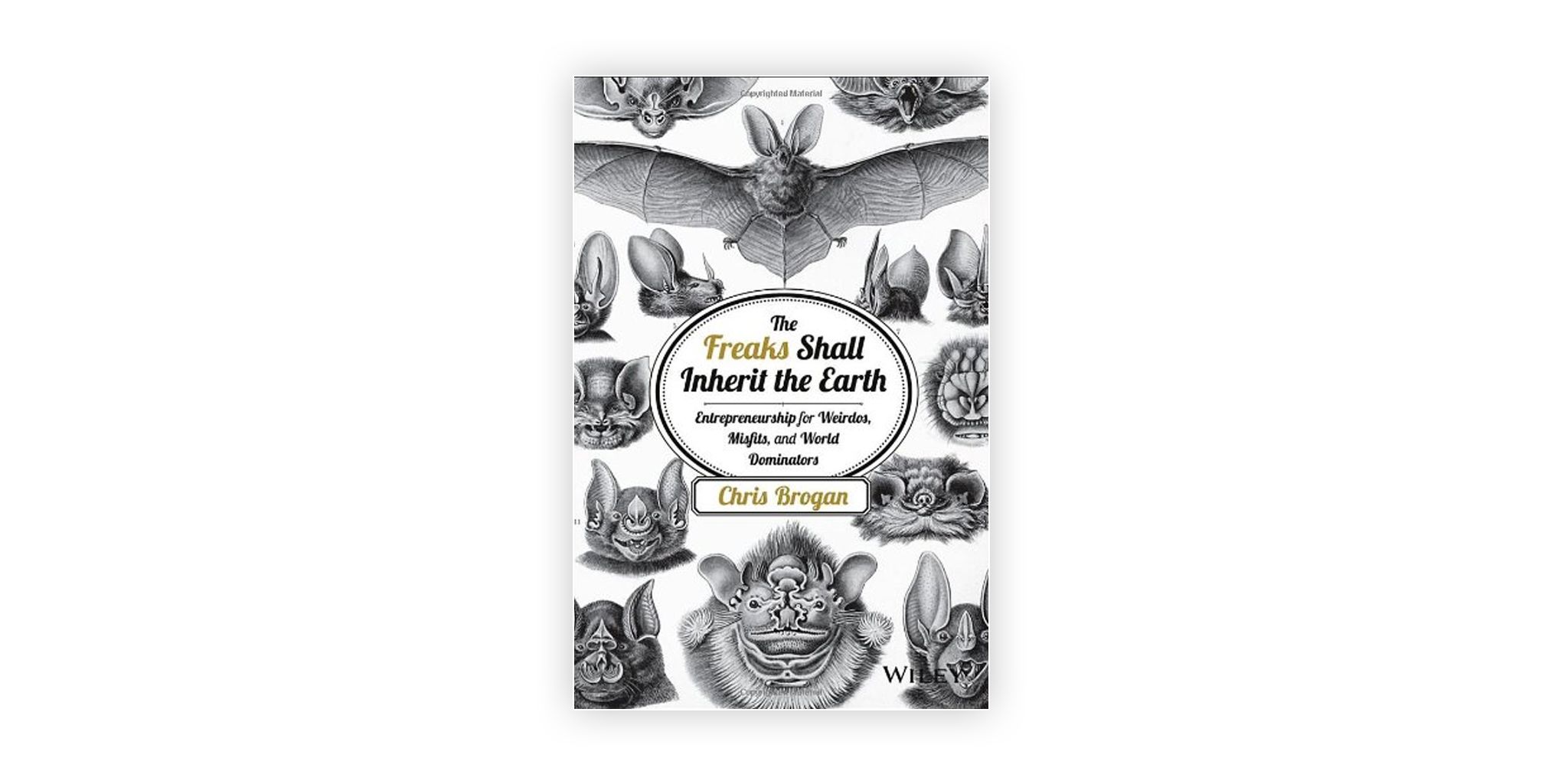
Watch the interview with Chris:
